Choosing the right cement for your construction project is more important than you might think. From structural integrity to long-term durability, the type of cement you use can significantly impact the outcome of your build. When it comes to cement, the two most popular options are OPC (Ordinary Portland Cement) and PPC (Portland Pozzolana Cement).
Wondering which cement is best for house construction? In this guide, we’ll compare OPC and PPC cement, highlight their advantages and disadvantages, and help you choose the right type based on your construction needs.
What is OPC Cement?
OPC, or Ordinary Portland Cement, is one of the most popular types of cement used in construction today. Made from a mix of limestone, clay, and other raw materials, it's especially suitable for projects that need quick setting and early strength. OPC comes in three different grades, each defined by how much compressive strength it offers:
-
OPC 33 Grade
-
OPC 43 Grade
-
OPC 53 Grade
OPC sets quickly, which makes it the preferred choice for projects with tight timelines and heavy structural requirements.
Common Uses of OPC Cement
-
High-rise buildings: Ideal for structures that demand high early strength.
-
Foundations and columns: Offers the rigidity necessary for load-bearing components.
-
Bridges and roads: Delivers quick-setting strength to support heavy traffic.
-
Pre-cast concrete structures: Perfect for mass production of concrete elements like beams and slabs.
If you need durable cement that achieves strength quickly, Buy OPC Cement Online today.
What is PPC Cement?
PPC (Portland Pozzolana Cement) combines traditional cement with natural, eco-friendly materials like fly ash or volcanic ash. This results in a longer curing time but better long-term strength and chemical resistance. It’s also more sustainable thanks to its lower carbon footprint.
PPC is often the best cement for house construction because of its versatility and smooth finish. Plus, the slower curing time ensures fewer cracks over time, which improves the structure's durability.
Common Uses of PPC Cement
-
Residential construction: Ideal for regular home-building work.
-
Plastering and masonry: Offers consistent and smooth finishes.
-
Marine structures: Effectively resists chemicals and saline conditions.
-
Dams and water tanks: Highly durable under constant water exposure.
Looking for cost-effective, long-lasting cement? Find genuine products now at Buy PPC Cement Online
OPC vs PPC Cement: Key Differences
Here’s a side-by-side comparison to highlight the difference between OPC and PPC cement:
|
Feature |
OPC Cement |
PPC Cement |
|
Initial Strength |
High early strength |
Gains strength gradually |
|
Long-Term Strength |
Good |
Better durability over time |
|
Workability |
Moderate |
Better workability and finish |
|
Resistance to Chemicals |
Moderate |
High resistance |
|
Cost |
Slightly expensive |
Cost-effective |
|
Environmental Impact |
Higher CO₂ emissions |
More eco-friendly |
|
Curing Time |
Fast setting |
Slower curing |
This comparison shows that while OPC is excellent for projects needing quick strength, PPC wins when prioritizing durability and environmental impact.
Which Cement is Better for Your Project?
Your choice between OPC vs PPC cement depends on the unique requirements of your project.
When to Use OPC:
-
If you need a quick turnaround and high early strength, particularly for structural components like:
-
Columns
-
Beams
-
Pillars
When to Use PPC:
-
If you prioritize long-term durability, cost-efficiency, and smooth finishes, especially in residential construction projects that include:
-
Walls
-
Flooring
-
Plastering
For most home construction projects, PPC cement is widely recommended because of its balanced properties and durability. It’s cost-effective, easy to work with, and ideal for long-term residential use.
Want to learn more about which cement is best for house construction in 2025?Contact Us for expert guidance.
Environmental Impact of OPC and PPC Cement
With growing focus on sustainable construction, PPC cement is gaining popularity as an eco-friendly alternative. It uses industrial by-products like fly ash, which not only makes good use of waste materials but also leads to lower CO₂ emissions compared to OPC.
If environmental consciousness is important to you or your organization’s mission, PPC is the clear winner.
Still Not Sure Which Cement to Use?
Here’s an expert tip to guide you:
-
Use OPC cement for structural work like pillars, foundations, and slabs.
-
Opt for PPC cement for finishing tasks like plastering and masonry, or when durability and long-term cost-effectiveness matter more than quick drying.
Looking to buy right away? Get top-grade OPC and PPC cement delivered straight to your site at Buildiyo Store
Popular Queries About OPC and PPC Cement
Here are some common search queries we’ve answered in this guide:
-
OPC vs PPC cement difference
-
Which cement is best for house construction
-
OPC 53 vs PPC, which is stronger
-
PPC cement uses in construction
-
OPC vs PPC for plastering and foundation
Have questions about which cement is right for your project? Feel free to contact us for personalized advice — or explore more about Buying OPC Cement Online and Buying PPC Cement Online to make an informed choice.
Final Thoughts: Making the Smart Cement Choice
Choosing between OPC and PPC cement isn’t just about picking one over the other — it depends on what your project truly needs. Think about strength, setting time, durability, and sustainability to find the right fit that delivers lasting results for your construction.
Still undecided? Contact Us today for tailored advice, product recommendations, and competitive pricing. We're here to help you build better.

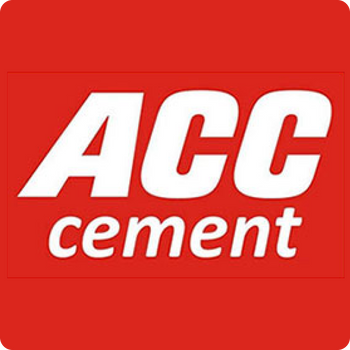
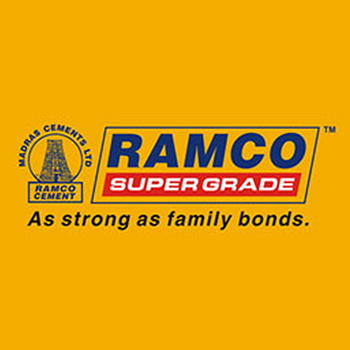
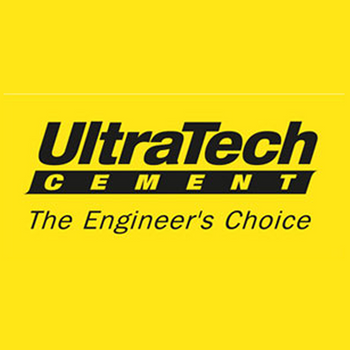

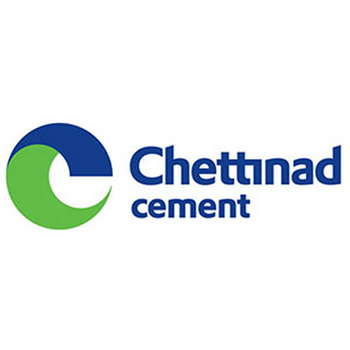
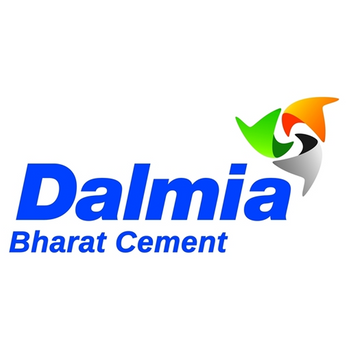
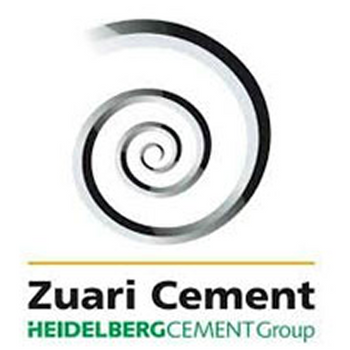

![OPC vs PPC Cement: Which One Should You Use and Why? [2025 Guide] - buildiyo.store](http://buildiyo.store/cdn/shop/articles/OPC_vs_PPC_Cement__Which_One_Should_You_Use_and_Why__2025_Guide_1.png?v=1755586663&width=1100)

